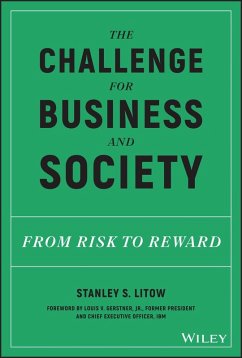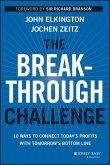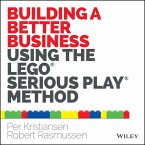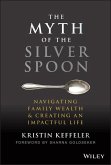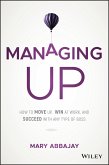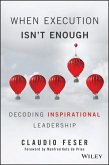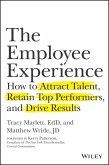A roadmap to improve corporate social responsibility The 2016 U.S. Presidential Campaign focused a good deal of attention on the role of corporations in society, from both sides of the aisle. In the lead up to the election, big companies were accused of profiteering, plundering the environment, and ignoring (even exacerbating) societal ills ranging from illiteracy and discrimination to obesity and opioid addiction. Income inequality was laid squarely at the feet of us companies. The Trump administration then moved swiftly to scrap fiscal, social, and environmental rules that purportedly hobble business, to redirect or shut down cabinet offices historically protecting the public good, and to roll back clean power, consumer protection, living wage, healthy eating initiatives and even basic public funding for public schools. To many eyes, and the lens of history, this may usher in a new era of cowboy capitalism with big companies, unfettered by regulation and encouraged by the presidential bully pulpit, free to go about the business of making money no matter the consequences to consumers and the commonwealth. While this may please some companies in the short term, the long term consequences might result in just the opposite. And while the new administration promises to reduce "e;foreign aid"e; and the social safety net, Stanley S. Litow believes big companies will be motivated to step up their efforts to create jobs, reduce poverty, improve education and health, and address climate change issues both domestically and around the world. For some leaders in the private sector this is not a matter of public relations or charity. It is integral to their corporate strategy resulting in creating new markets, reducing risks, attracting and retaining top talent, and generating growth and realizing opportunities. Through case studies (many of which the author spearheaded at IBM), The Challenge for Business and Society provides clear guidance for companies to build their own corporate sustainability and social responsibility plans positively effecting their bottom lines producing real return on their investments. This book will help: Create an effective corporate social responsibility and sustainability plan Provide long-term bottom line benefit Protect and enrich brand value Recruit and retain top talent Perfect for CEOs, CFOs, Human Resource/Corporate Affairs executives, but also for government and not-for-profit leaders, this book helps you come up with a solid plan for giving back to society, producing real sustainable value.
Dieser Download kann aus rechtlichen Gründen nur mit Rechnungsadresse in A, B, BG, CY, CZ, D, DK, EW, E, FIN, F, GR, HR, H, IRL, I, LT, L, LR, M, NL, PL, P, R, S, SLO, SK ausgeliefert werden.

